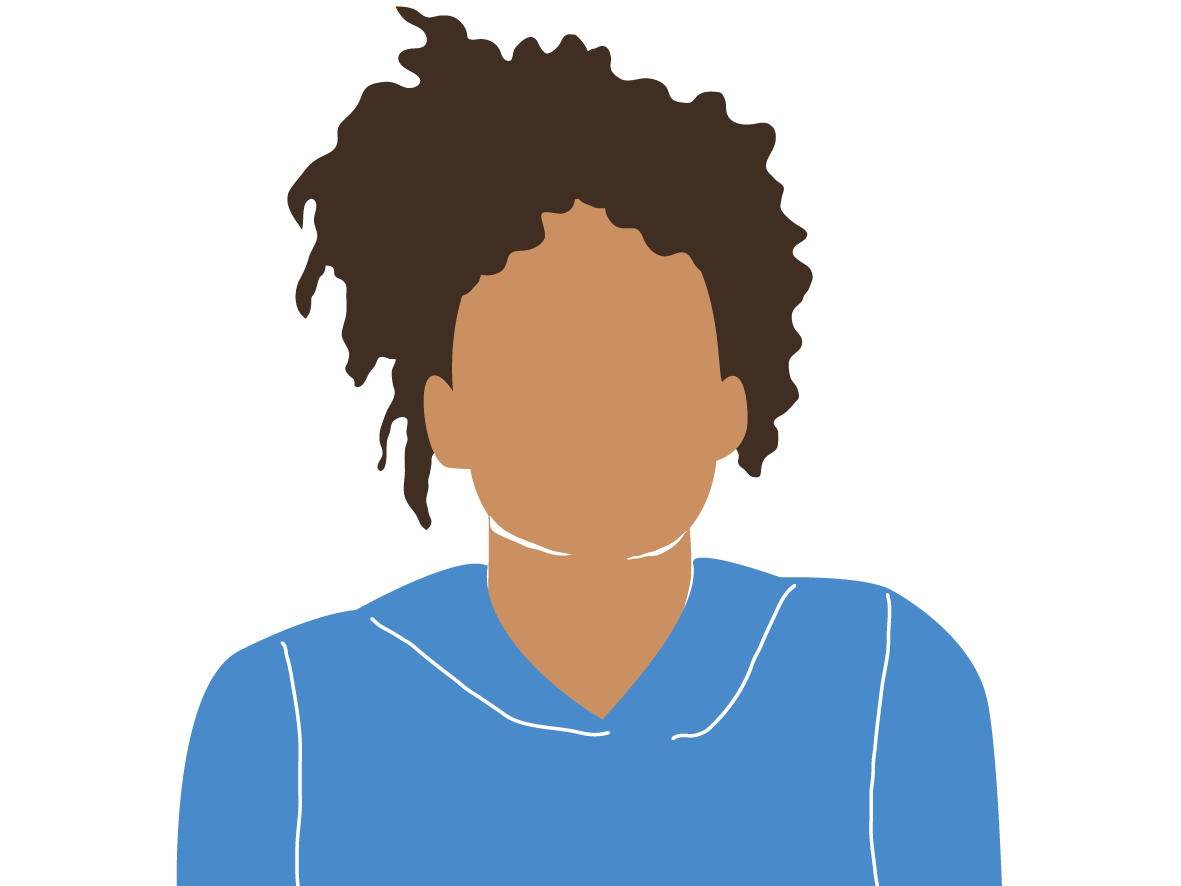Helping Mīria stay in her home
Mīria was subjected to violence by her partner in the family home she owned. She suffered a huge amount of economic harm and almost lost her house.

Mīria* was referred to Good Shepherd by a financial mentor after she reached out to find help for the debt in her name due to family violence.
She lives rurally, in a North Island town with her children and grandchild. Mīria was subjected to violence by her partner in the family home she owned. Police took her and the children to stay with her mother. They all slept on the floor, while Mīria’s partner remained in her house.
During the relationship, the couple received a benefit. He controlled all the money and financial decisions. Mīria was forced to have debts taken out in her name, and bills only got paid if he wanted them to. She wasn’t allowed to open her own mail or emails.
Mīria obtained a protection order, and after a year of court processes he was incarcerated.
When she was able to return to her home, Mīria learned he had not paid any of the household bills. The power, mortgage, and rates were in arrears. Because of a bad credit rating, the mortgage was with a third-tier, high-cost lender and the debts were out of control. Mīria also has $19,000 of debt owing to Work and Income.
She had been working with Women’s Refuge, Work and Income, and a financial mentor to try and sort out the relationship debt she was left with. Good Shepherd was contacted a day before the house was going to mortgagee auction. Our family violence economic harm service made contact with the mortgage lender. We learned about a $9,000 car loan her ex-partner had taken out, secured by the house. The car loan was with another high-cost lender and, because he hadn’t been making payments, it had increased to $30,000.
Through meetings and discussions, Good Shepherd managed to halt the house sale while a new contract was negotiated with an interest rate almost four per cent lower. Other debts needed to be addressed for this agreement to go ahead.
We contacted the relevant creditors and collections agencies, managing to get debt wiped to the value of almost $8,000. This included power arrears and Afterpay. Centrix removed outstanding defaults from Mīria’s credit report. Through several conversations with the council, we accessed a $750 rates rebate which took the arrears debt to $6,630. Some of this was added to the new mortgage, and the remainder was paid by a grant from Good Shepherd. Reduced debt, and lower and redirected payments mean Mīria can stay on top of ongoing costs, afford basic needs, and keep the family home.
As well as economic harm services, we worked with the financial mentor to support Mīria’s family in other ways. The Police ‘flexi fund’ was accessed for new beds for the children, and a small community grant allowed for the purchase of some vegetable seeds and potting mix to set up a vegetable garden. Another Good Shepherd grant made sure Mīria and her family had groceries when they moved back into their home.
Some of the children struggled with mental wellbeing throughout this experience, and returning home has allowed them to settle back into school. Mīria is grateful for the help she has received, and says she now feels confident to speak with creditors to discuss her financial situation.
“I’m starting anew, I’m a new person!” – Mīria
* name has been changed for safety
